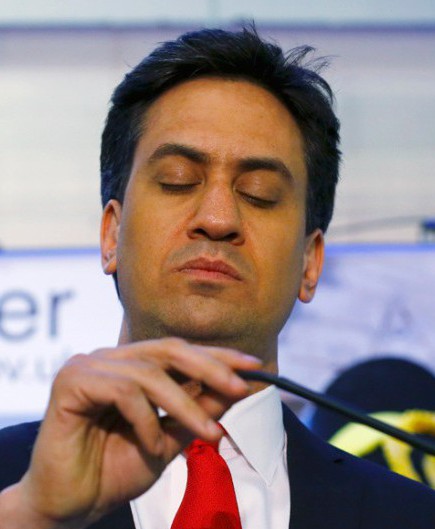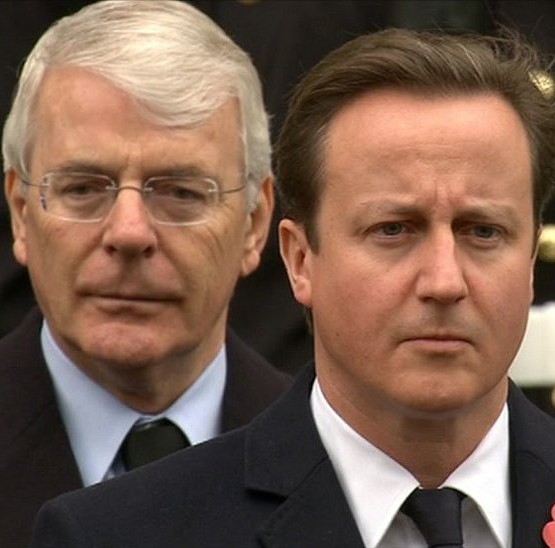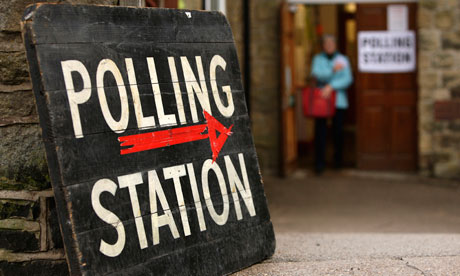The European Union’s dilemma in the complexity of global politics
By Frank Aragbonfoh Abumere
In global politics, complexity is the norm rather than the exception. One characteristic of the complexity of global politics is the dilemma between order and justice. On the one hand, the existence and sustenance of order, i.e. maintenance of peace and security, is seen by some politicians, diplomats and scholars as the overriding value in global politics. But on the other hand, the promotion of justice, i.e. respecting human rights, giving consideration to morality, etc, is seen by other politicians, diplomats and scholars as the overriding value in global politics. The European Union (EU) as a regional or supranational organisation cannot be said to either totally subscribe to the ‘overriding value’ of order or the ‘overriding value’ of justice…





